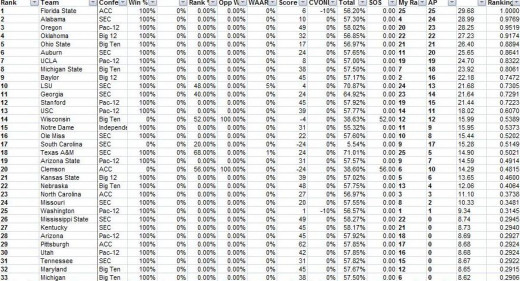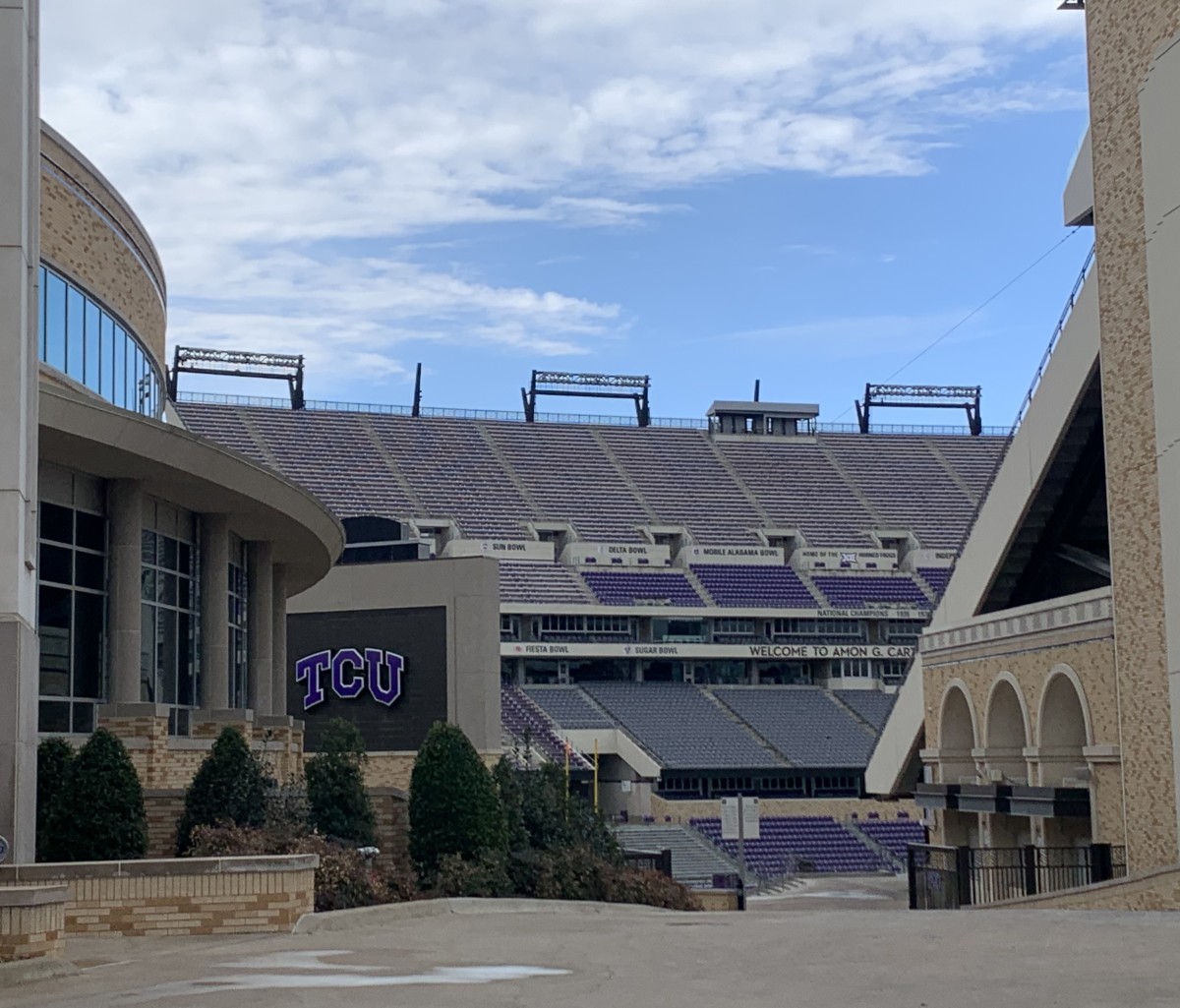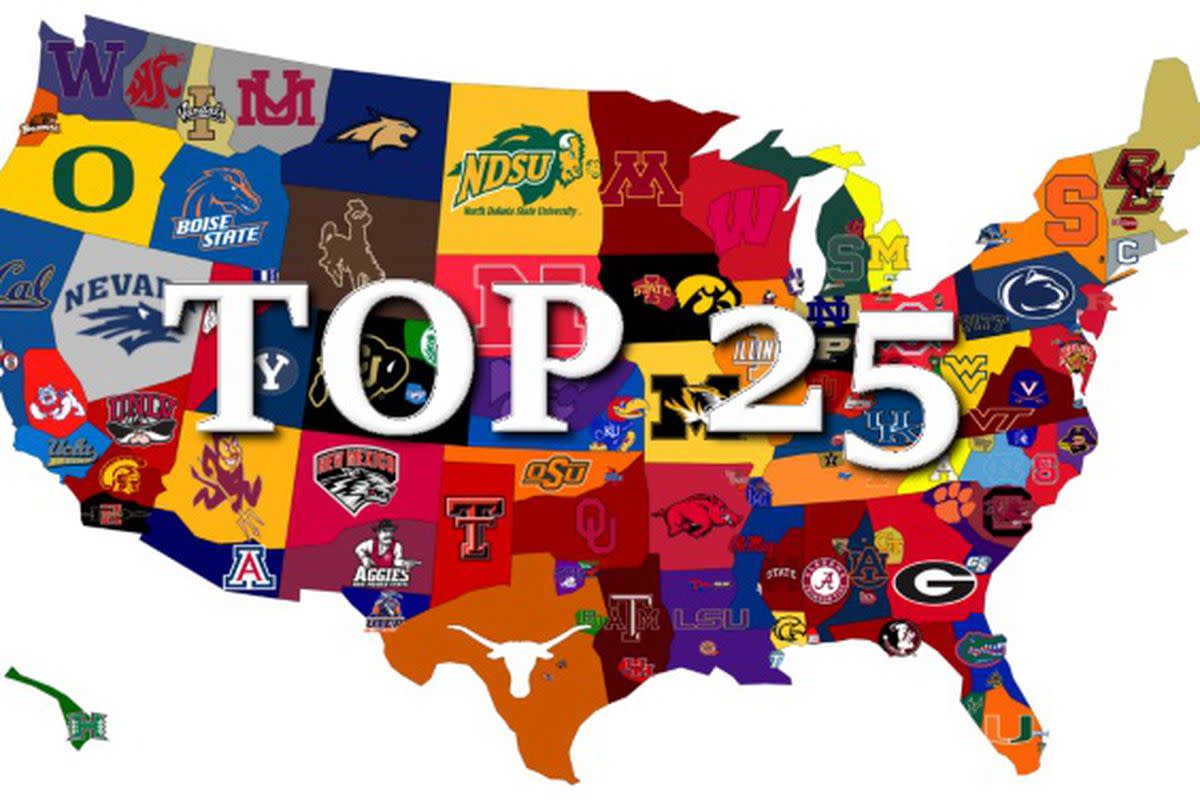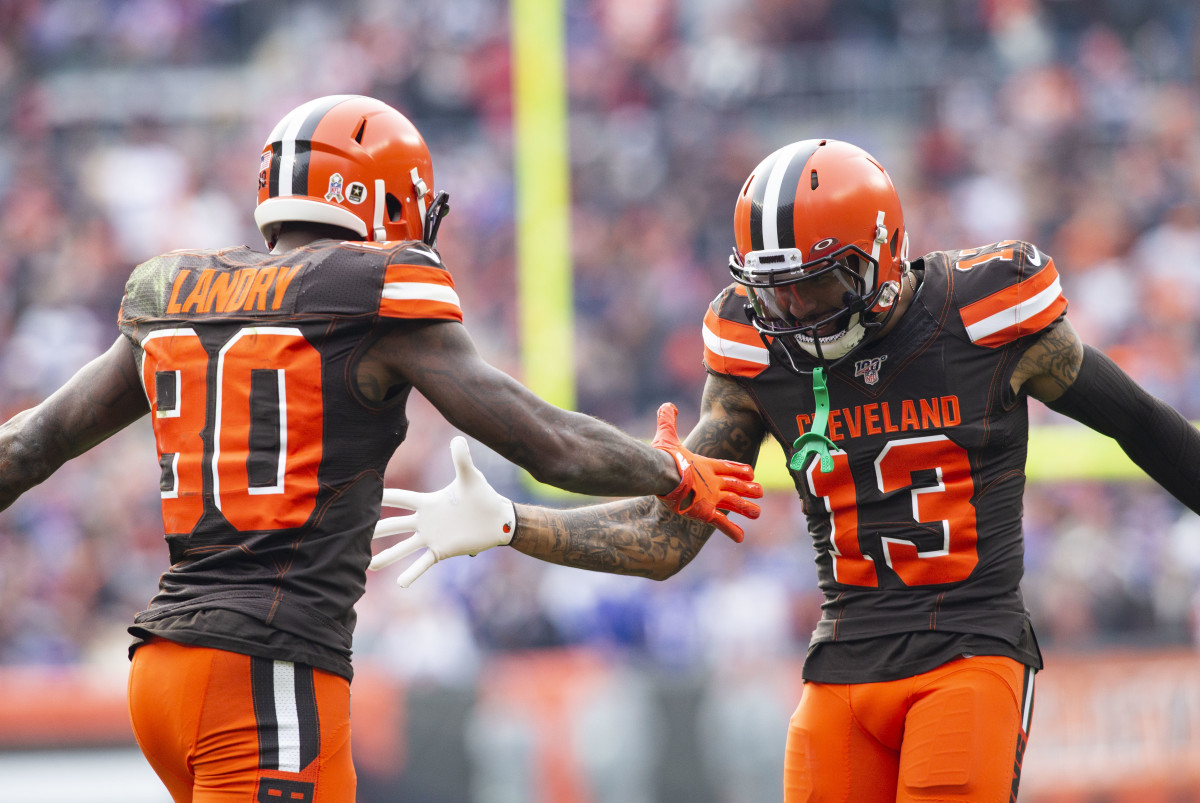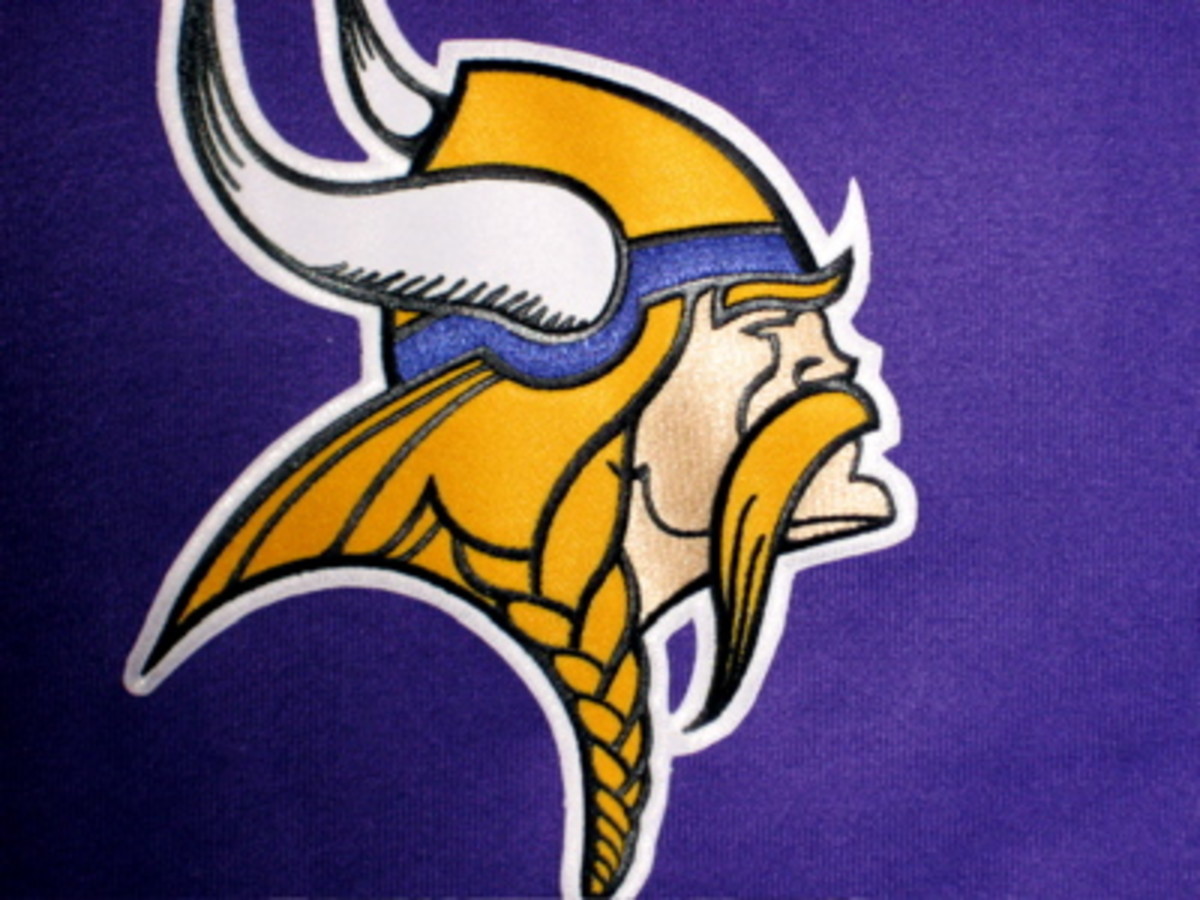- HubPages»
- Sports and Recreation»
- Team Sports»
- American Football
Introducing Ridley's Rankings: Using Math to Clarify the NCAA Landscape
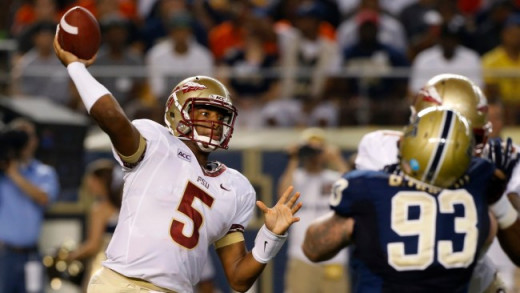
Who's the Best?
Who is the best team in college football? In theory, this is a very simple question, yet it yields a wide array of answers. When you expand that to who are the best two teams in college football, or even the best four teams, the variance in opinions grows even larger. The pool of team resumes gets deeper and the subjective nature by which to compare teams expands. Is an undefeated team from a bad conference truly better than a one-loss team from a powerhouse conference like the SEC? Do style points matter when playing inferior opponents? How much does playing on the road affect a team's play? Do you pass off unusually close games as minor hiccups or treat them as a potential weakness that can be exploited?
These questions are just the tip of what is a very large iceberg when it comes to evaluating the top rung of college football. During the last decade-and-a-half, these questions were solved using computer programs made by some of the country's greatest statisticians in the form of the Bowl Championship Series (BCS).These programs took an objective stance (well, as much as possible) to a subjective question, and with an assist from human polls, spit out what it believed to be the two best teams for that particular season.
During some years, the two best teams were obvious (2004: Texas vs USC), while other years' decisions (2011: Alabama vs LSU) unearthed anger that eventually led to the dismantling of the Bowl Championship Serires. People cried foul is a one-loss team beat out an undefeated team. They wrote diatribes when two teams from the same conference (who had already played once that season) met for a rematch, leaving two other one-loss teams on the outside looking in. By 2013, the BCS was finished.
The problem with the BCS was not the premise, but the execution. Opponents of the system claimed the computer rankings were flawed, but in reality, there is always going to be backlash when picking just two teams from a gamut of qualified squads. The Internet and ESPN era has ushered in a new breed of fan that is more knowledgeable than ever before, and as a result of that, more opinionated. There will never be a system to please the masses when trying to select just two teams to play for the National Championship. The problem wasn't the computers, it was the limitation of spots to determine the champion.

The Introduction of the Selection Committee
The NCAA knew that their current system would not be able to withstand the backlash from the fans and media, so instead of simply introducing a playoff system (which is what fans wanted), they removed the impartial system and brought in a new, flawed component: a selection committee. Out with the systems that used unbiased numbers and formulas derived from statistical research and in with 12 noted members of the college football community. This committee not only has to fight it's own natural biases but also establish its own criteria to evaluate teams and come to a conclusion about the best four teams in the country. Sounds like a good idea, right? No, it doesn't? Yeah, I didn't think so either.
With the introduction of the selection committee, college football's national championship system is more flawed than ever. Having people with direct ties to universities, many of which may be in the running for the playoffs, is not a suitable solution. Moving to four playoff teams may be a step in the right direction, but having 12 fallible humans selecting them is not the answer.
Performance Criteria
Important criteria to use when evaluating college football teams:
- Winning Percentage
- Strength of Schedule
- Road vs Home Wins
- Point Differential
- Performance Compared to Average
- Close Victories Over Inferior Opponents
- Human Polls
Computers vs Humans
Who would you rather have choosing the four participants in the NCAA playoff?
Bring Back the Math
The only way to come to the most reliable, objective answer regarding the four teams best suited for the college football playoff is to bring mathematics (pardon the pun) back into the equation. Statisticians like Jeff Sagarin and Dr. Peter Wolfe use statistically-significant criteria to create algorithms and formulas to analyze each team's season and determine, based on the data, which team is best. They don't go with "gut feelings", or "who's the hottest team", they take the season as a whole and use unbiased calculations to decipher which four teams are the most deserving at a shot in the playoffs.
Why am I telling you all of this? Because even though the BCS era is over, I still believe in statistical analysis as the premier way to evaluate college football teams. And it is because of this belief that I will be continuing my own set of rankings, with newer, updated formulas to (hopefully) best reflect which teams are among the best in the nation. The NCAA may value my opinion as much as that of a belch by Charlie Weis, but that's neither here nor there. It is my article, after all.
So what are these formulas that I keep referring? The exact formulas won't be given out (I have to keep some suspense), but I can share what some of the things I look at are.
Obviously, winning percentage has to play a big factor. Sorry 'Bama, but if you go 9-3, you're not beating out an 11-1 team, even if they are from American Athletic Conference. Next, how difficult was their schedule? Did they play a powderpuff schedule, or did they have some ranked teams thrown in there? Bonus points if they played a ranked team on the road (and won, of course). What's their point differential? Are they squeaking by each game (and thus being a prime candidate for an upset) or are they smashing people hand-over-fist, ala Florida State last season? How does their performance against teams compare to other performances against that team? Sure, Ole Miss may beat Kentucky 32-10, but if Kentucky is losing games at an average of 25 points per clip, Ole Miss was actually below average in that game. And finally, are you easily handling the teams you should? If you're a ranked team and repeatedly sneaking by inferior opponents, the odds suggest the snake may finally sink its fangs in you.
Of course, early in the season, these numbers are subject to the curse of small sample size. That's why it's important to factor in the eye-ball test, especially in these first few weeks. To remedy this, the AP poll is incorporated, with its impact lessened each following week throughout the season. Otherwise, teams like Georgia and Texas A&M would be leaps and bounds above Florida State and Alabama, even though no analyst worth their salt would rank the teams as such this early.
At this time, you're probably wondering, "Why the hell is he still jabbering on? Where are these rankings he promised?" With such a heavy weight being placed on the AP polls, publishing Ridley's Rankings this early would provide little insight. This article is merely a primer for the rankings, which will debut following Week 4 action. Make sure to check back Monday, September 22nd for the unveiling of the first official rankings of the season. And don't forget to leave a comment below letting me know how much you think I'm full of all [expletive deleted].
Until then, vaya con football!
A Peak Behind the Curtain
